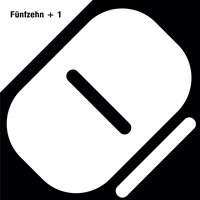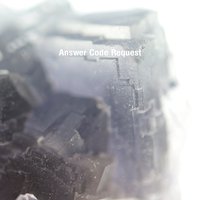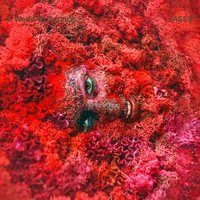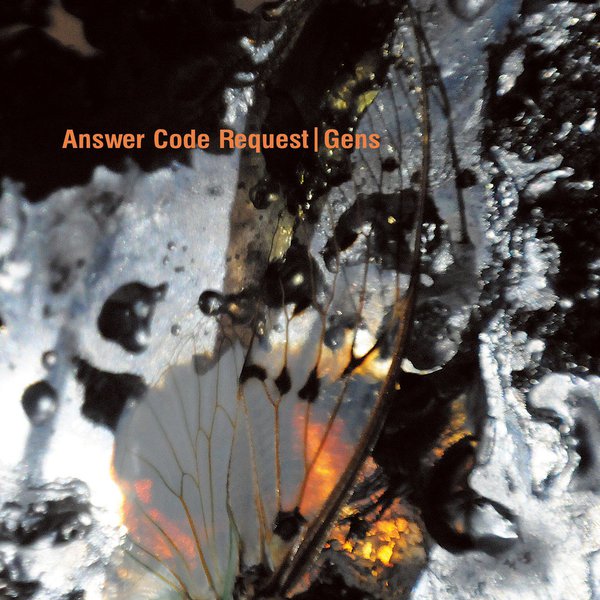
Answer Code Request
Gens
Answer Code Request returns with his sophomore album Gens on Ostgut Ton, entering darker but equally bass-heavy territory.
Answer Code Request | Ab Intus [Ostgut Ton]
Answer Code Request’s 2014 debut LP Code was an exciting moment for electronic music in Berlin – one that offered a break from the eternal hall and monolithic 4/4 kicks that ruled the city’s club landscape. As a hybrid gesture, the album’s spirit recalled an especially fruitful era in the German capital from the mid-90s to early 2000s, when dub and pad-driven Detroit techno cross-pollinated with Berlin’s industrial aesthetic to create one of the city’s most exciting musical chapters.
Today the musical vision offered by Berghain resident Answer Code Request, real name Patrick Gräser, has proved far-sighted. While at first glance electronic music in 2018 seems increasingly balkanized, borders between genres have once again become fuzzier. Now, on his follow up LP Gens, Gräser looks beyond the bass euphoria of Code toward darker horizons and a desolate atmosphere befitting of current global circumstances.
In a sense, Gens (Latin for tribe or lineage) reverses the notion of the hardcore continuum as proposed by music journalist Simon Reynolds: embedded in a tradition of US and continental European techno, Gräser seeks its disruption through hardcore outgrowths, from ambient jungle to later variations of British bass music and IDM. It’s an interesting twist when seen in the larger biographical context of Gräser who, born and raised outside of Berlin in early 1980s, jumped from East German youth radio DT64 to American hip-hop, acid and early UK hardcore – a radical shift of musical interest born of a radical shift in political circumstances.
On Gens, the unsettling atmosphere is established early on with the fading rave opener of the album’s synonymous title track, and continues through the scrambled military communications and post dubstep rhythms of “Sphera”. From there, sci-fi pads, heavy phasing and alien syncopation lead explorative third track “Ab Intus” out into space. A glimmer of otherworldly positivity arrives with the warm, distorted breakbeats and interwoven synth melodies of album standout “knbn2”, while Gräser’s most dancefloor- oriented melds jungle and techno, Amen and 4/4 kicks, on “Cicadae”.
Beatless moments of ambient melancholy lay a foundation for the second half of album, where soon the faster, more hectic stereo delays, broken rhythms and heavy bassweight of “Audax” and “Tu” shift the focus back and forth between double and half-time. The hyper- distorted bassline, synthesized ember crackling and contemplative melody of heavy album closer “An Unattainable Distance” provides perhaps the most otherworldly moment on Gens. Here, Gräser’s massive sound trudges away from the dancefloor with a slow, resounding kick drum, pounding off in the distance and into an electronic abyss.
“For me, the album was a way of finding myself again without relying on other music – even to distance myself from other music,“ Gräser explains. “The more shadowy mood comes from a place of experimentation, and from my desire to go deeper into the sounds of synths and instruments I’ve been using, and even faster speeds of around 160 bpm. But in a way the instruments were a kind of medium to abstractly conduct what was happening around me and the world.”
On Gens, Gräser continues to offer an alternative, bass-heavy, and groove-based path forward for techno – one that both challenges listeners and leads them through a sonic narrative. It’s electronic music free from genre constraints – one where a broad palette of broken rhythms, varying speeds, different colors and sound design draws listeners into a synthesized world of its own.
Tracklist
- Gens
- Sphera
- Ab Intus
- Sensa
- knbn2
- Orarum
- Mora
- Cicadae
- Res
- Audax
- Tu
- An Unattainable Distance
Artwork
Release date
February 23, 2018
More from Answer Code Request

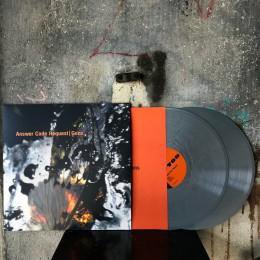
Subscribe to occasional news and announcements by email newsletter
